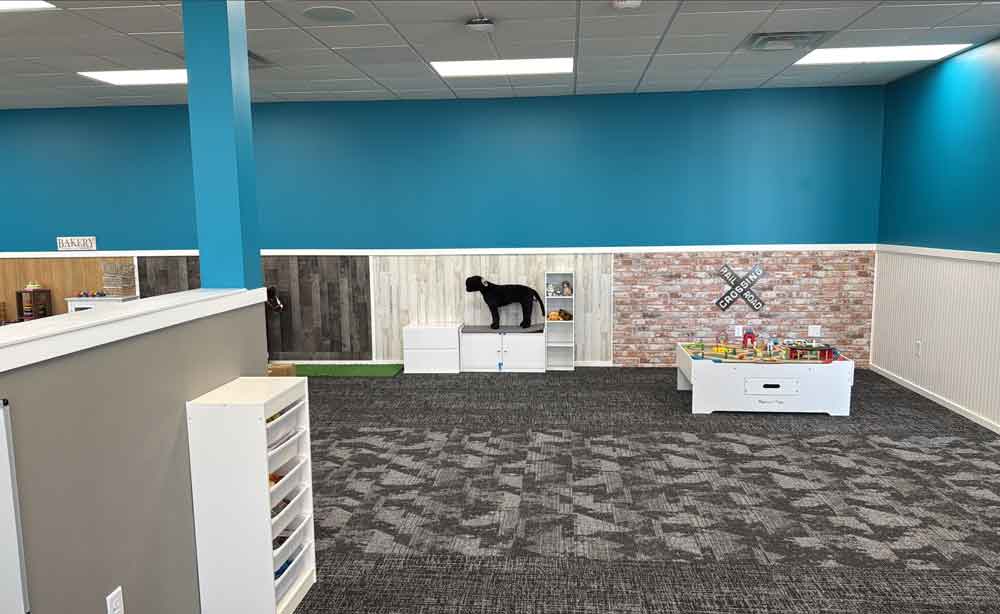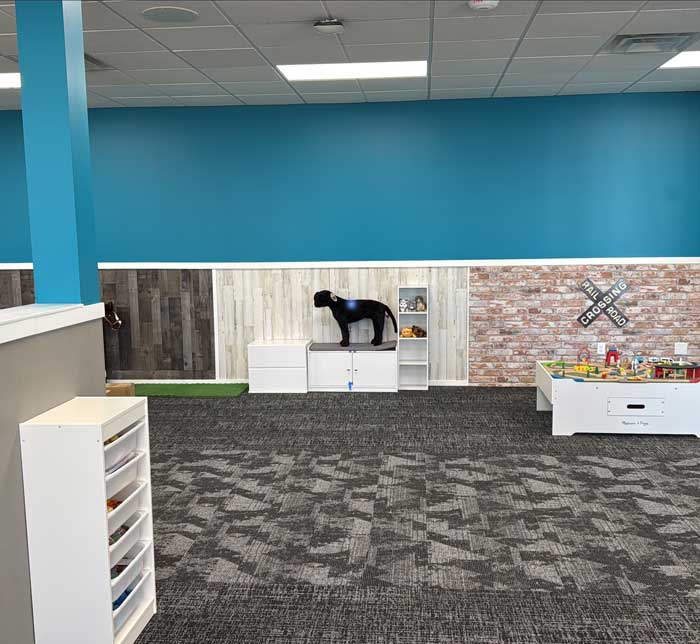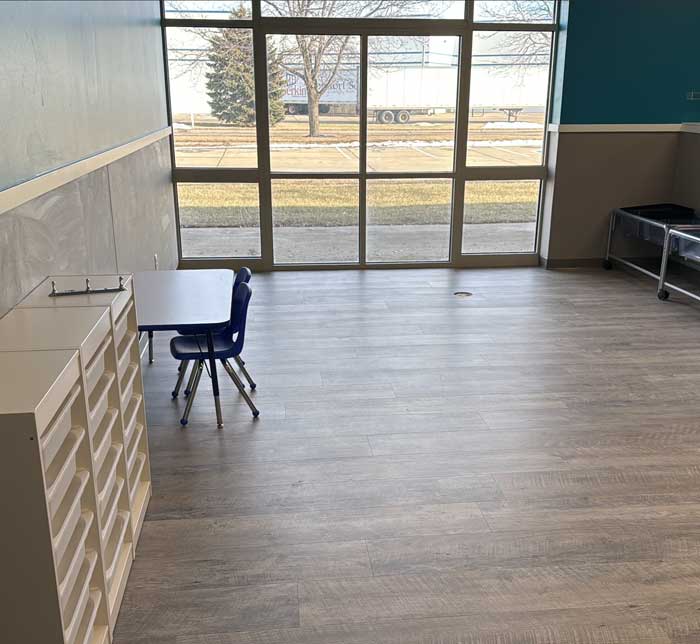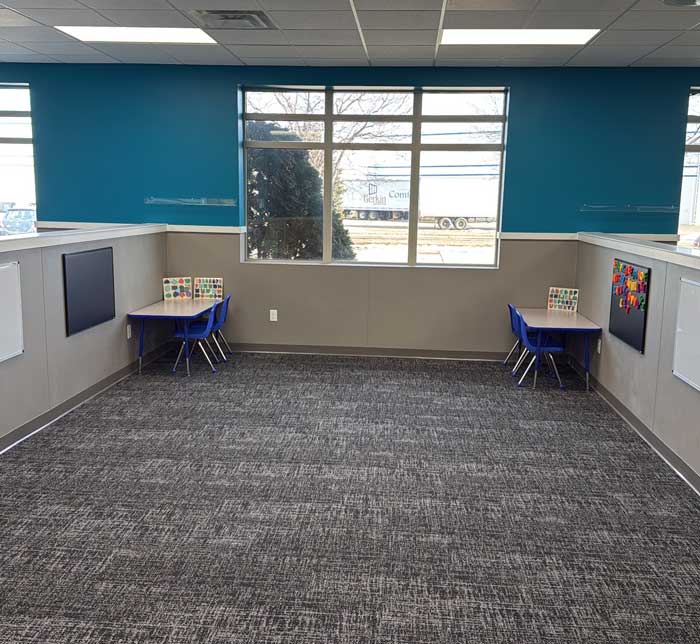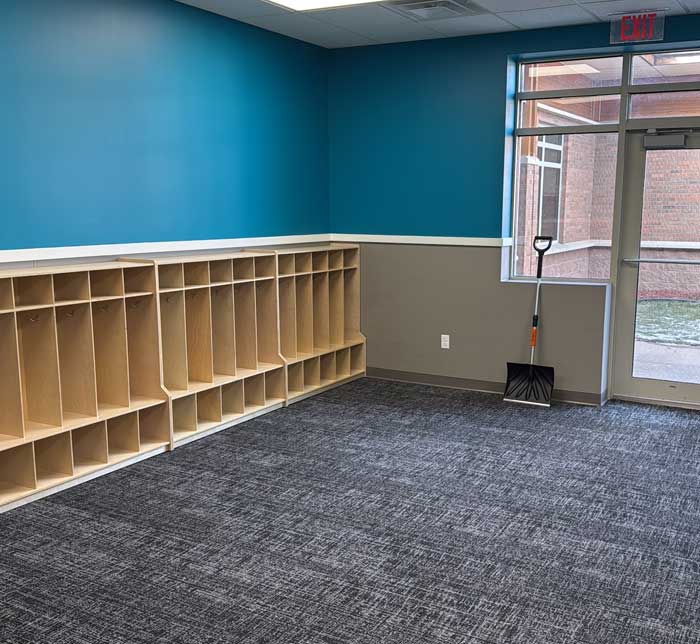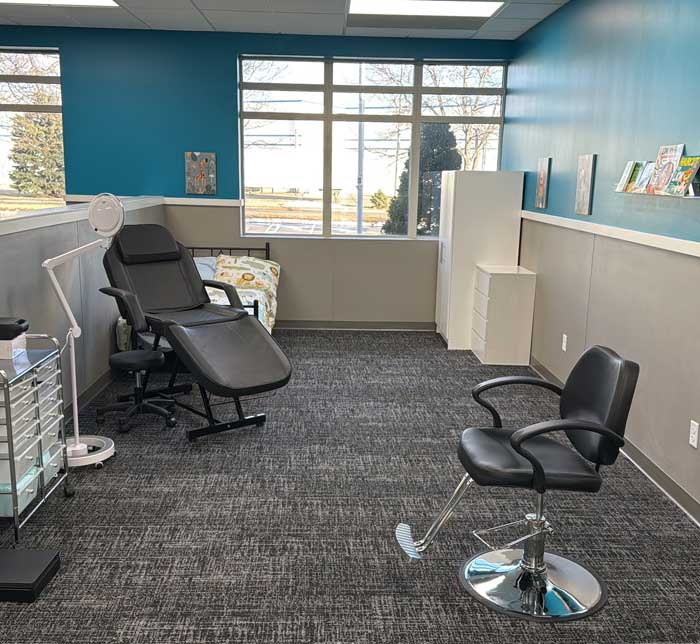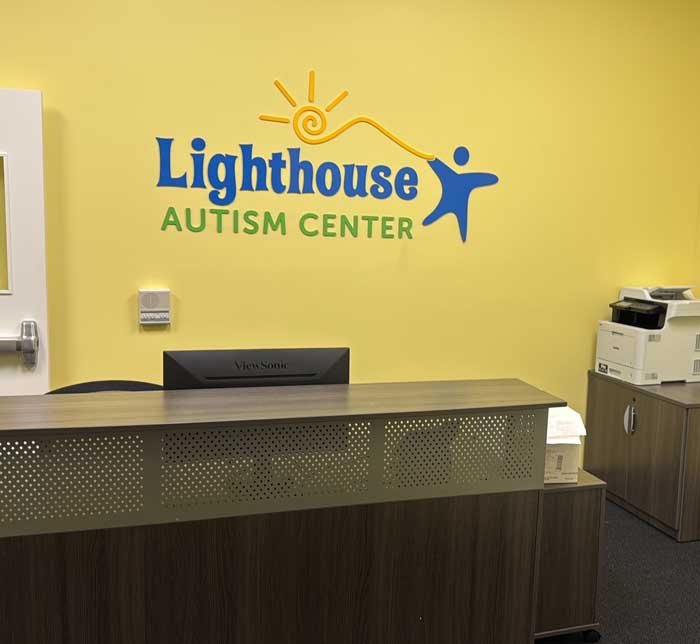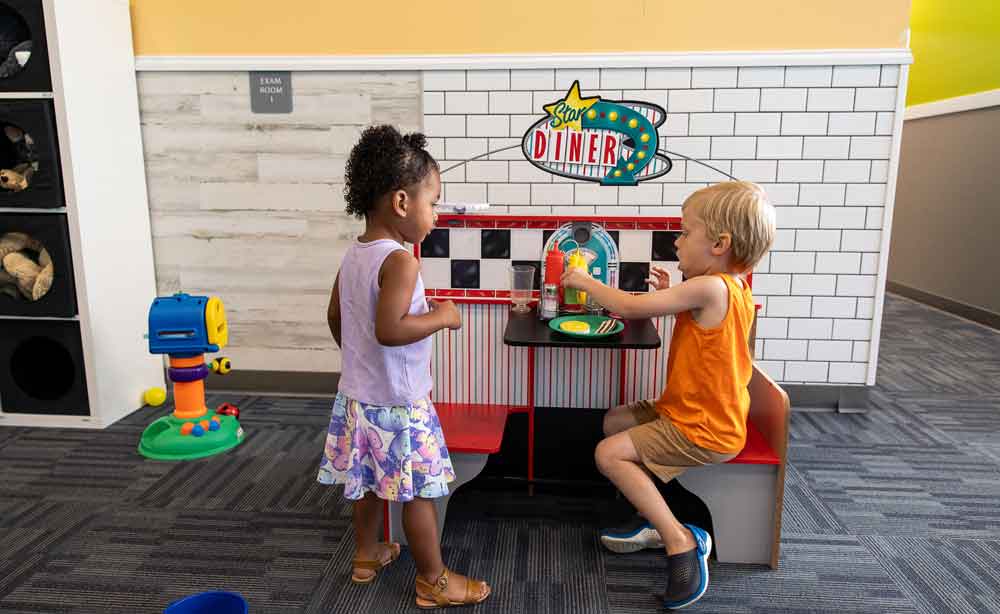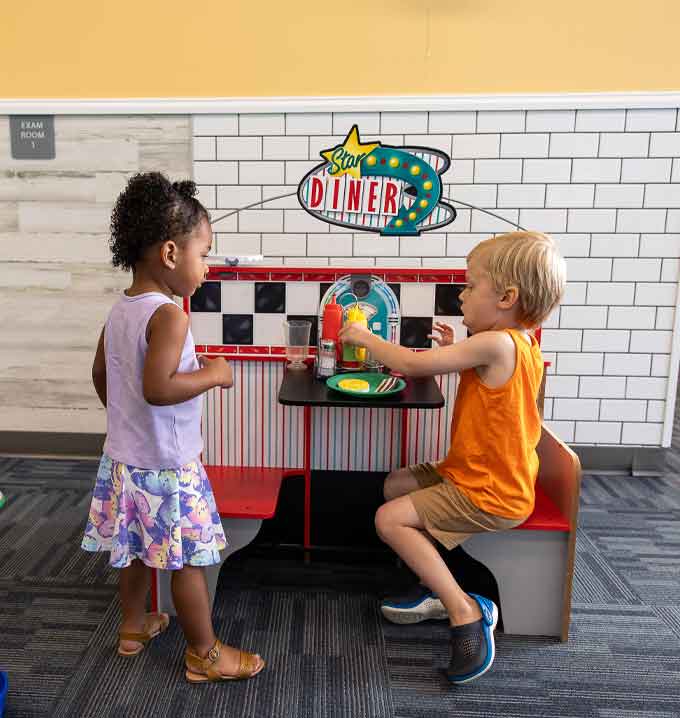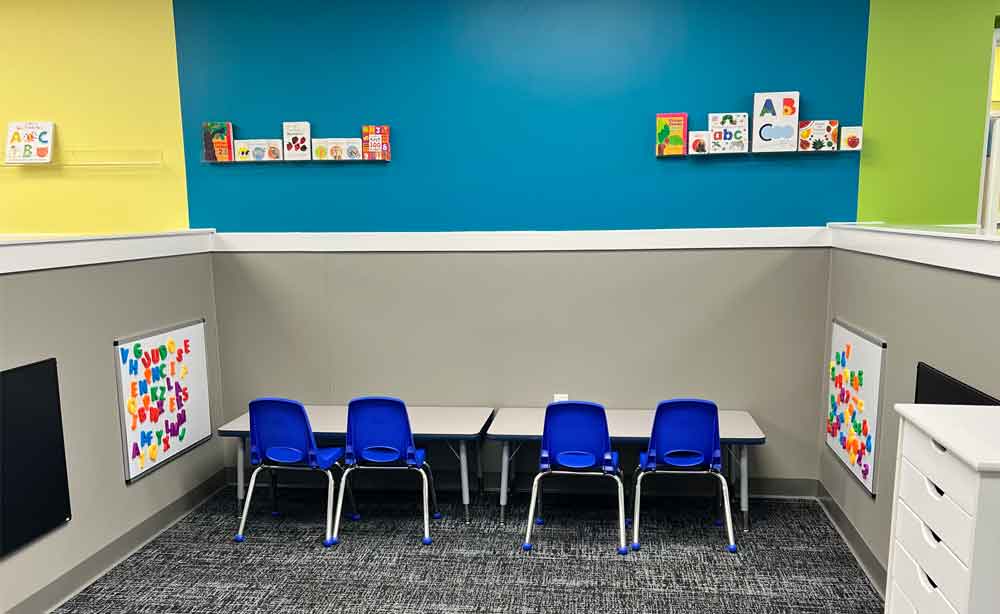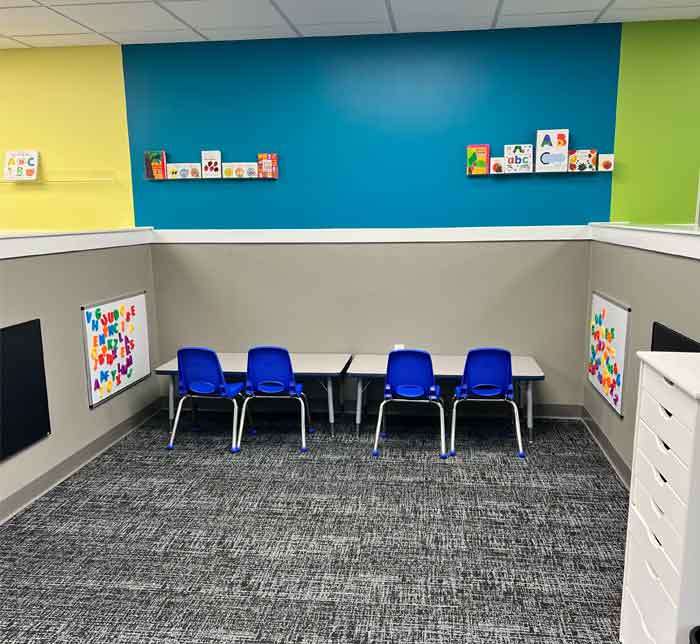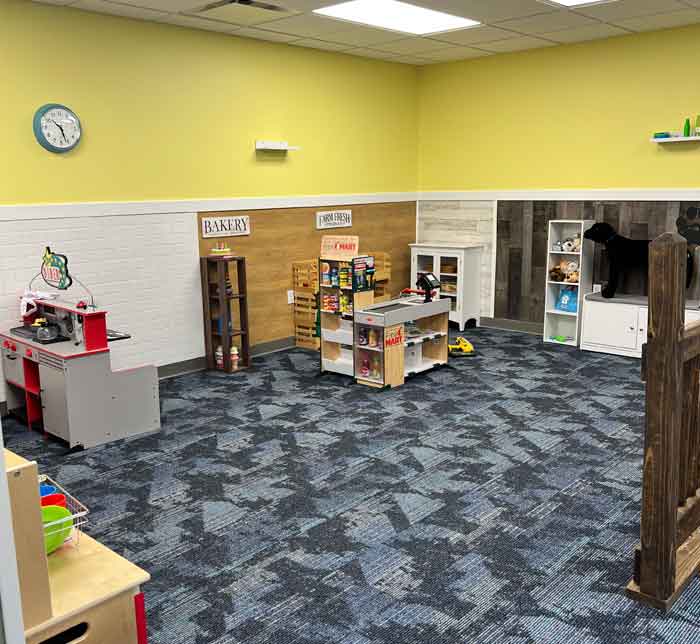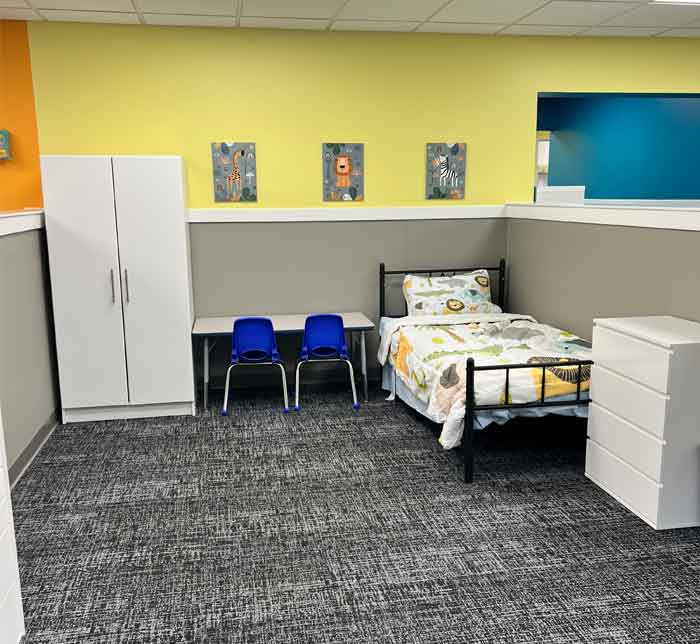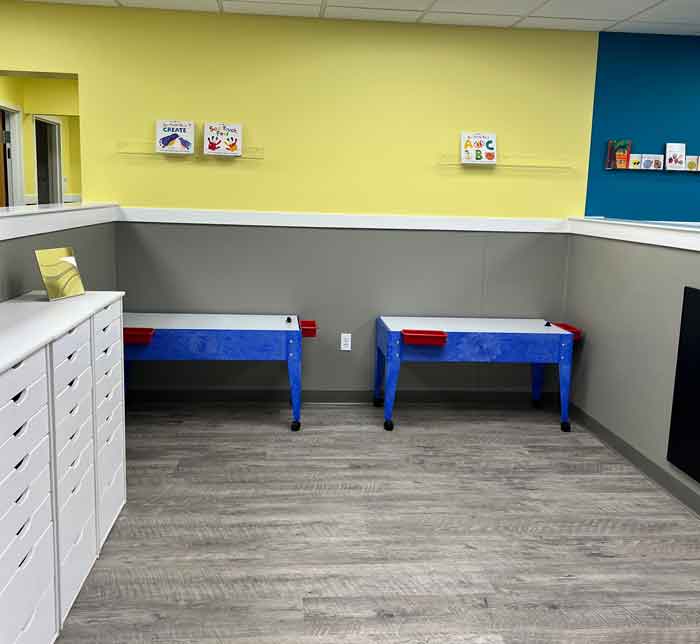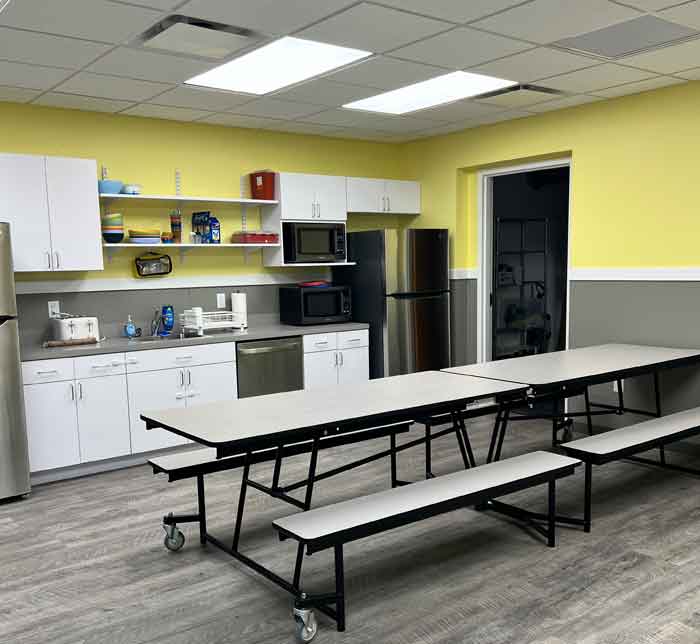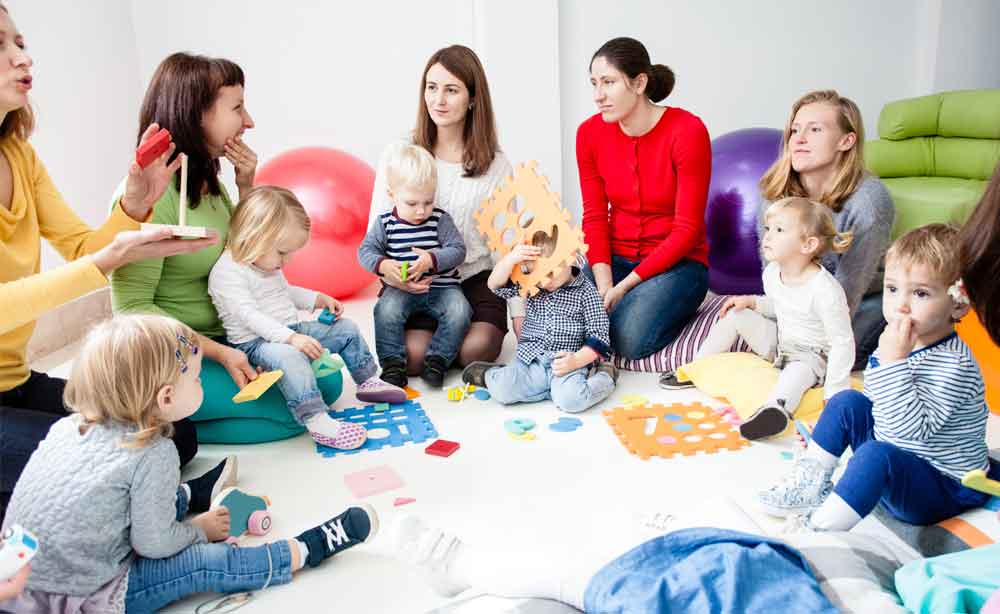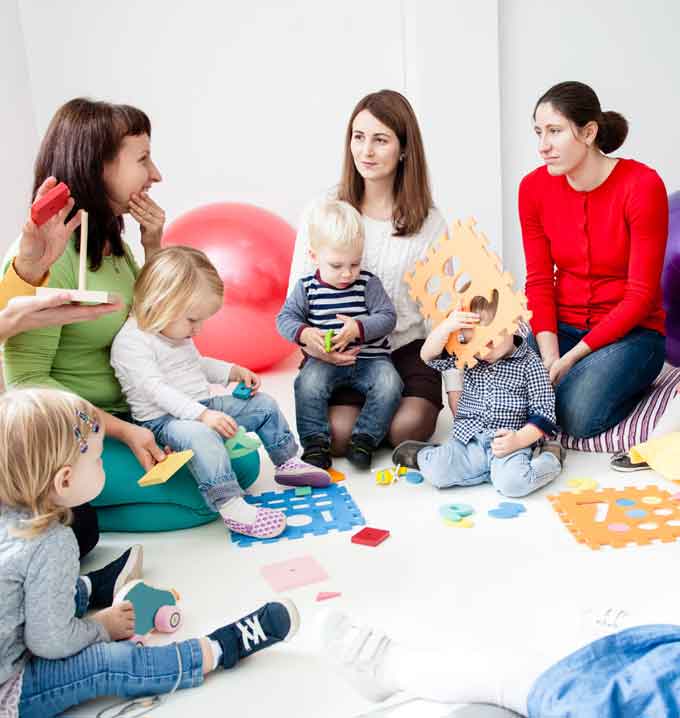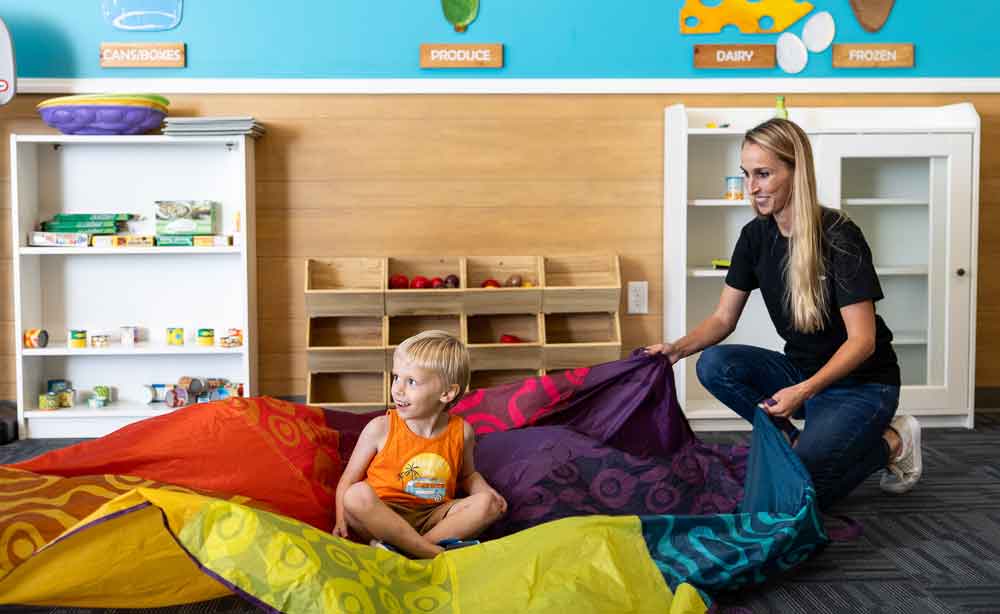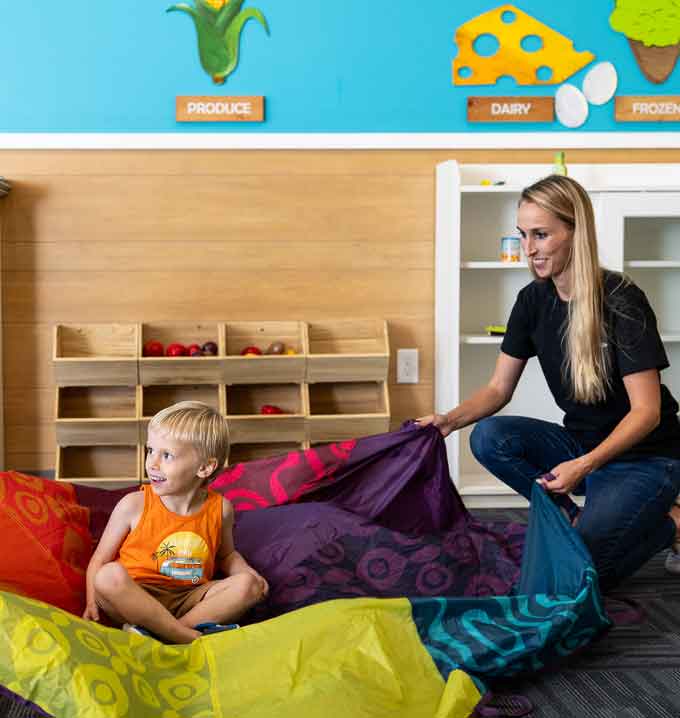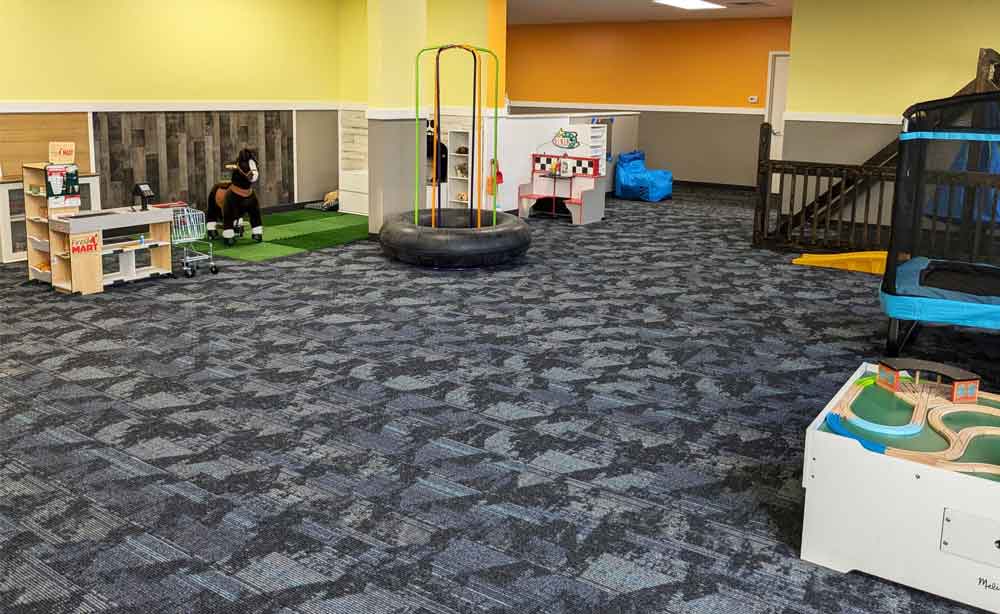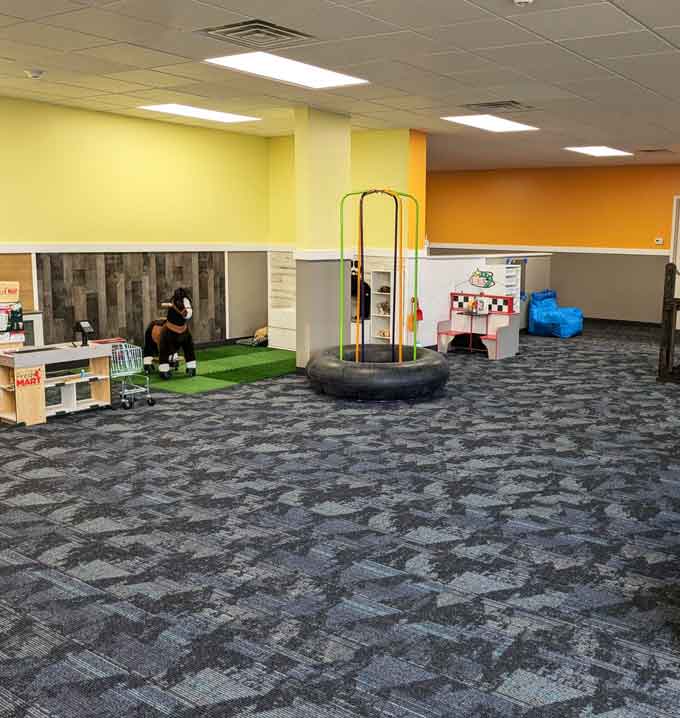ABA Therapy Center is Now Open in South Sioux City, Nebraska
Lighthouse Autism Center (LAC) continues its remarkable expansion, now boasting a network of centers across six states. What began with a humble commitment to serve just four families in a single building has grown exponentially over the past decade, now providing invaluable support to hundreds of families across multiple states. It’s a testament to our dedication and the growing need for specialized autism services.
Our comprehensive offerings include ABA therapy, distinguished by our innovative Lighthouse Fusion® approach to speech therapy, autism diagnostic testing, and pre-academic learning. Each service is designed to meet the unique needs of individuals on the autism spectrum, ensuring holistic care and developmental support.
We are proud to announce the opening of our fourth play-based ABA therapy center in Nebraska, located in South Sioux City. This new center, now open as of February 24, 2025, serving children and their families, extending our reach and impact in the community. Moreover, the center has created several new job opportunities, reinforcing our commitment to local economic growth and community support.
At Lighthouse Autism Center, we remain dedicated to improving the lives of those we serve, and we are excited to continue expanding our mission to new communities across the Midwest and beyond.
Our mission is to provide the highest quality autism services to children and families by opening our newest autism center near you. Lighthouse Autism Center has committed to continuing our mission in South Sioux City, Nebraska as the need for ABA services continues to grow. Lighthouse is determined to fill that need by opening new children’s autism centers in underserved locations with facilities that can accommodate a larger capacity of learners, helping more families and children with autism, reach their goals.
South Sioux City Autism Center for speech and language
Lighthouse Autism Center is the Midwest’s leading autism therapy provider. With beautiful facilities that promote natural and play-based learning, and a team of highly trained and compassionate clinicians, Lighthouse Autism Center brings together compassionate care and clinical excellence to offer the highest quality ABA therapy to children with autism.
With a unique speech therapy model called Lighthouse Fusion®, children at Lighthouse are making greater progress, faster, all while having fun. While other ABA centers typically keep ABA and speech therapies separate, Lighthouse Fusion provides children with greater opportunity for speech development by fusing speech therapy directly into a child’s daily programing. We invite you to learn more here about how this innovative clinical model is helping to unlock each child’s potential.
This vibrant community, known for its rich history and strong sense of community spirit, now benefits from specialized autism services offered by Lighthouse. The center’s opening signifies a significant milestone in providing essential care and support to families affected by autism in South Sioux City and its surrounding areas. With a commitment to excellence in ABA therapy, speech therapy, diagnostic testing, parent training, and more, Lighthouse Autism Center is dedicated to fostering growth and development in individuals on the autism spectrum. This new facility not only enhances accessibility to crucial services but also underscores Lighthouse’s ongoing dedication to improving the quality of life for families in South Sioux City.
To learn more about Lighthouse Autism Center or enroll your child, contact our Family Outreach Coordinator at (402) 534-1486 or visit our website.
South Sioux City Center Contact Information
3309 Daniels Lane
South Sioux City, Nebraska 68776
Don’t see an autism center listed near you? Contact us and let us know the area you are in, and we will notify you when we have a center opening near you!
Family Outreach Phone: (402) 534-1486
Find a Center Near You
Interested in finding an autism center near you? Click Find a Center below to view a full list of current autism therapy centers.


